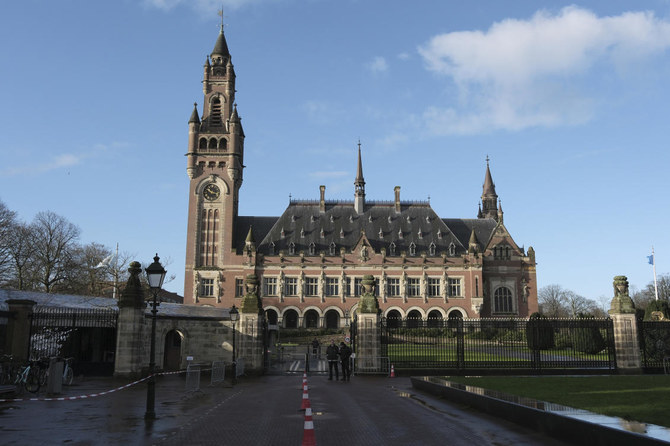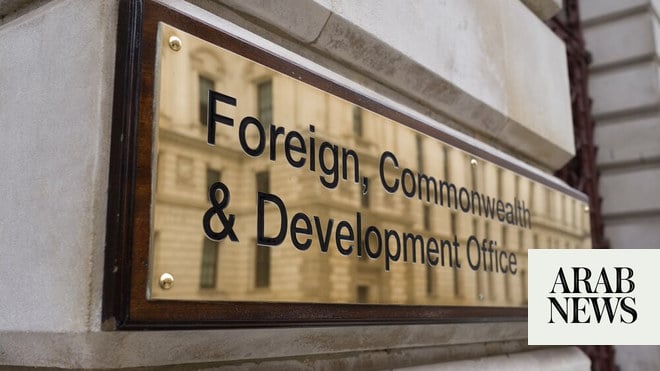
The rights of those living abroad to submit freedom of information requests are to be tested in court after more than a dozen cases – including one relating to Julian Assange’s extradition – were blocked.
A combined hearing involving the Home Office, Metropolitan police, the Information Commissioner’s Office (ICO) and 13 separate cases is to be held at an information tribunal in London.
At issue is whether applicants overseas are entitled to a response when submitting freedom of information requests to UK government departments and agencies.
It is not clear who triggered the “stay” imposed on the 13 requests. The ICO has declined to comment. No date has been set for the case.
The Cabinet Office, which has responsibility for FOI policy, says it complies with ICO guidance, which states: “Anyone can make a freedom of information request – they do not have to be UK citizens, or resident in the UK.”
The tribunal, however, has told parties in the suspended cases that it has “decided to deal with the territorial scope” of the Freedom of Information Act 2000.
All of the stayed FOI requests are from applicants not resident in Britain. The hearing will also examine whether there is a requirement that those who make FOI requests have a connection to the UK.
“The main principle behind freedom of information legislation,” the ICO has said, “is that people have a right to know about the activities of public authorities, unless there is a good reason for them not to.”
One of the blocked cases is an appeal by the Italian journalist Stefania Maurizi, who works for daily newspaper Il Fatto Quotidiano and writes about WikiLeaks.
She has been pursuing information about how the Crown Prosecution Service dealt with its Swedish counterpart during initial attempts to extradite Assange to Sweden. Her work has been covered by the Guardian. Maurizi has also studied at Imperial College in London.
Barristers Jennifer Robinson, who represents Assange, and Estelle Dehon, who specialises in freedom of information, are representing Maurizi.
They have asked the tribunal to lift the stay and allow their appeals for the release of further information to proceed. They argue that Maurizi has worked on UK publications and has carried out investigations relating to the UK and UK citizens. She has also taken several other cases to information tribunal hearings.
Dehon said commercial courts in England and Wales regularly deal with cases where people do not live in the UK. Maurizi, she added, had always acted responsibly in pursuing her cases.
“Will this mean that if I’m a UK citizen and working abroad, say in Spain, I will be excluded from making any information requests?” Dehon suggested.
Maurice Frankel, the director of the Campaign for Freedom of Information, said: “The government has always acknowledged that the FOI Act was not restricted to British citizens or people living in the UK.
“Government guidance issued just before the act came into force in 2005 said requests could be made by ‘any person, anywhere in the world’ and that has been the position of the information commissioner, tribunal and upper tribunal. Attempting to reverse it now might delay or block current appeals, for example on the Assange case, but will otherwise be pointless.”
A government spokesperson said: “We are aware of these cases and will continue to comply with ICO guidance and the outcome of the tribunal.”












